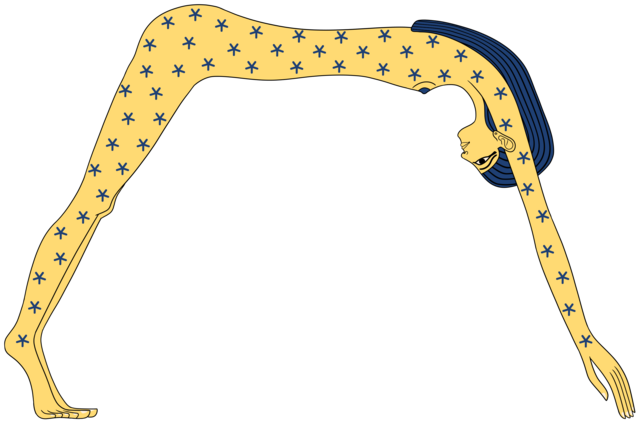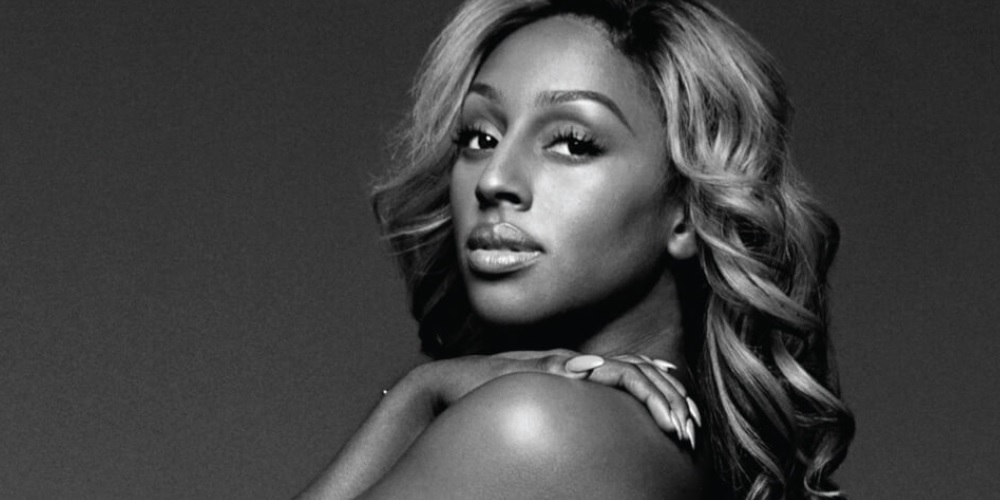
For most contemporary ecofeminists, Wiccans and witches, animal sacrifice is rejected as masochistic, counter to feminist and ecological values, and unnecessary in an abundant natural world that already provides that which is necessary to thrive.
And yet nonhuman sacrifice remains extremely prevalent in neo-pagan mythology, creating an air of tolerance and even excitement. Starhawk, for one, seems to find charm in this lore. Despite her opposition to the practice in modern times, she suggests that Nonhuman Animals willingly sacrificed themselves in ancient times (1999). A romanticization of women’s spiritual practice in an imagined past too often maintains human dominance. Animal sacrifice is rarely critiqued when shielded within “the past,” while the institution of domestication–the corporeal and cognitive manipulation of other animals for the benefit of the dominant class–is itself naturalized as a human entitlement. There is no domestication without domination and sacrifice, and there is no feminism if the anthropocentric commitment to oppression remains unchecked. Thus, as feminist spirituality has attempted to discover and reclaim power in women’s history, goddess traditions have frequently merged with, rather than supplaced, patriarchal traditions.
Ironically, this animal oppression often required overlapping with the feminine to legitimize women’s shadowy pseudo-power, suggesting that, symbolically, the control over animal bodies and women’s bodies are entangled and mutually reinforcing. This relationship in bondage is rendered both credible and impervious to challenge through a lense of sacrality. Sjöö and Mor (1991) emphasize that the Goddess took the form of other animals in ancient depictions, offering sexualized mythologies of union between men and women, nature and humans. Warriors pierced and bloodied the bodies of nonhuman victims to create a “symbolic resolution,” as a penis entering a vulva (82). This sacred likeness between goddess and nonhuman, in their estimation, was culturally necessary to support the belief that nonhuman victims willingly sacrificed themselves for their human oppressors and relieve any associated guilt in the suffering it invariably caused. This suggests a false feminine empowerment. It is instead the fetishization of suffering under oppression.
Sjöö and Mor exalt the magical powers of blood harvested from the gaping wounds of dying sacrificial bulls, drunk by priestesses to increase their mystical power and spread across fields to improve the resourcefulness of the land. What they do not contend with, however, is how this willing victimhood would also be attributed to women and all manner of other vulnerable social groups to normalize and naturalize severe inequality and violence (Collard 1988). Neither do they contend with the anthroparchal implications of shifting to this warrior cultish “hunting”-based society; this was a violent political and economic revolution that transformed Nonhuman Animals from social equals to commodity objects.
The trope of the sacrificial goddess can also be found in non-Western cultures. Hinduism, most notably, overlaps the Goddess with the mother cow, and in doing so, helps to normalize the exploitation of feminized labor as something mystical and sacred. Researchers have expressed concern as to how these spiritual mythologies have been responsible for the entrenchment of speciesist practices that are highly resistant to critique (Narayanan 2018). Indeed, today India is one of the world’s top producers of dairy, “beef,” and “leather,” despite the supposed sacredness of cows.
The religious sacrifice of Nonhuman Animals, who symbolically represent the Goddess, is, by extension, also an attack on the sacred body and spirit of the Goddess. Killing to obtain the power found in victims’ blood, furthermore, is the ultimate patriarchal contract. The wholly unnecessary violence against female and nonhuman bodies for the benefit of the dominant class is behavior that is characteristically aligned with the active degradation of women and other animals and has nothing whatsoever to do with respecting them, worshiping them, or elevating their status. A truly feminist spirituality will need to sacrifice its allegiance to patriarchal myths to truly transform humanity’s relationship with nature and other animals.
Works Cited
Collard, A. 1988. Rape of the Wild. The Women’s Press: London.
Narayanan, Y. 2018. “Animal Ethics and Hinduism’s Milking, Mothering Legends.” SOPHIA 57: 133-149.
Sjöö, M. and B. Mor. 1991. The Great Cosmic Mother. San Francisco: HarperSanFrancisco.
Starhawk. 1999. The Spiral Dance. Third Edition. New York: HarperOne.
Dr. Wrenn is Senior Lecturer in Sociology at the University of Kent. She received her Ph.D. in Sociology with Colorado State University in 2016. She was awarded Exemplary Diversity Scholar, 2016 by the University of Michigan’s National Center for Institutional Diversity. She served as council member with the American Sociological Association’s Animals & Society section (2013-2016) and was elected Chair in 2018. She is the co-founder of the International Association of Vegan Sociologists. She serves as Book Review Editor to Society & Animals and is a member of the Research Advisory Council of The Vegan Society. She has contributed to the Human-Animal Studies Images and Cinema blogs for the Animals and Society Institute and has been published in several peer-reviewed academic journals including the Journal of Gender Studies, Environmental Values, Feminist Media Studies, Disability & Society, Food, Culture & Society, and Society & Animals. In July 2013, she founded the Vegan Feminist Network, an academic-activist project engaging intersectional social justice praxis.
She is the author of A Rational Approach to Animal Rights: Extensions in Abolitionist Theory (Palgrave MacMillan 2016), Piecemeal Protest: Animal Rights in the Age of Nonprofits (University of Michigan Press 2019), Animals in Irish Society: Interspecies Oppression and Vegan Liberation in Britain’s First Colony (State University of New York Press 2021), and Vegan Witchcraft: Contemporary Magical Practice and Multispecies Social Change (Routledge 2026).
Receive research updates straight to your inbox by subscribing to my newsletter.







